Gallery
Failing eyesight leaves ex-cabbie on the road to nowhere
Mohd Kamil Affendy Hashim worked as a taxi driver until he was diagnosed with bilateral optic neuritis, an affliction of the eyes which has left him fruitlessly hunting for another job in the busy city centre.
Djohan Shahrin
2 minute read
Share
- Advertisement -
Just In
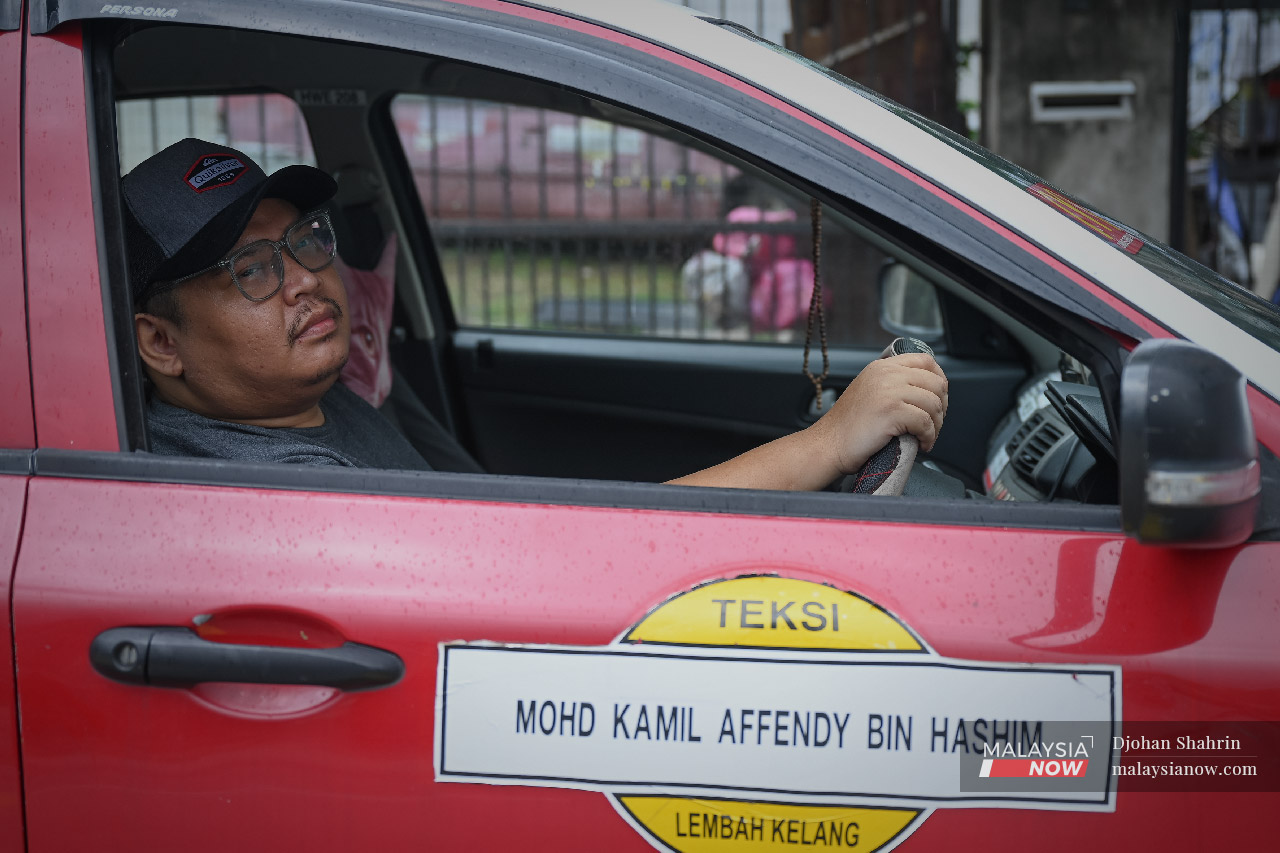



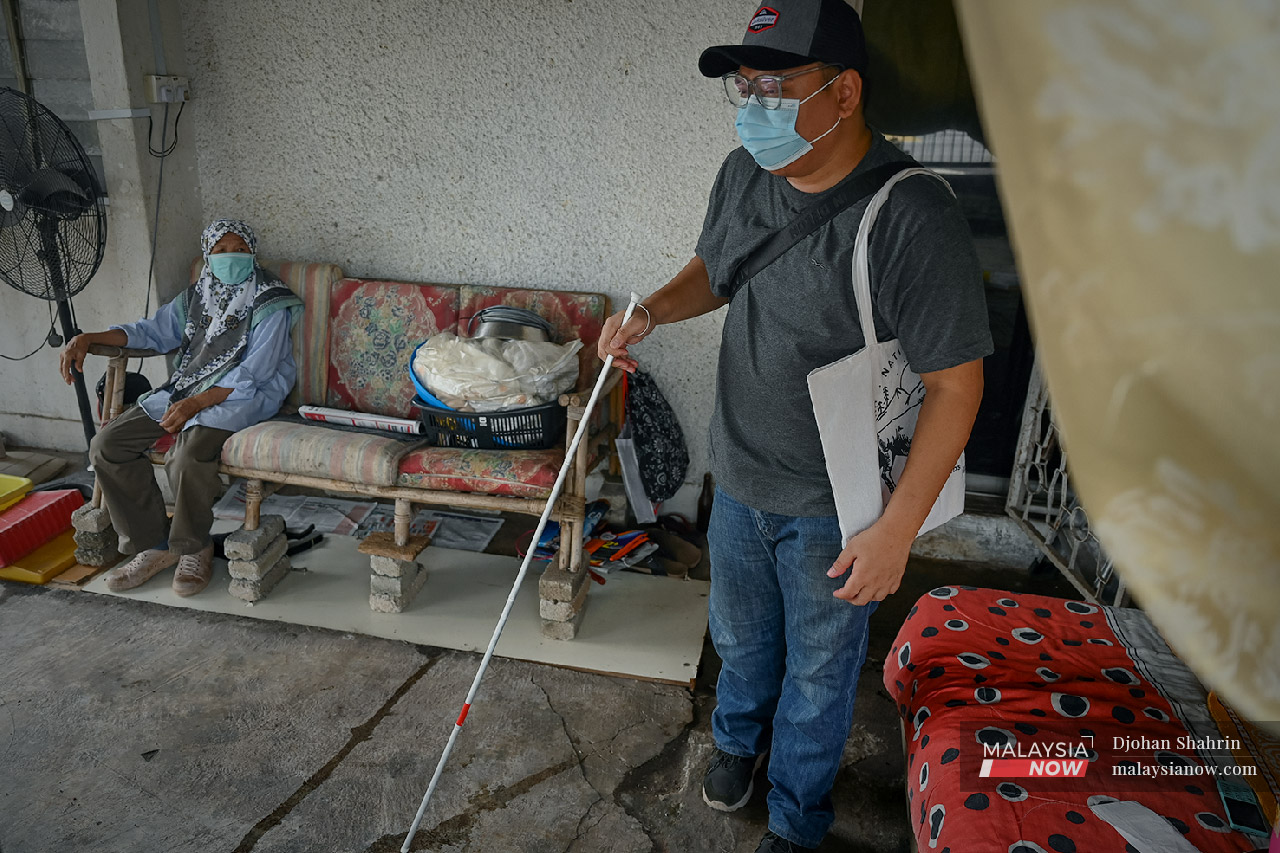
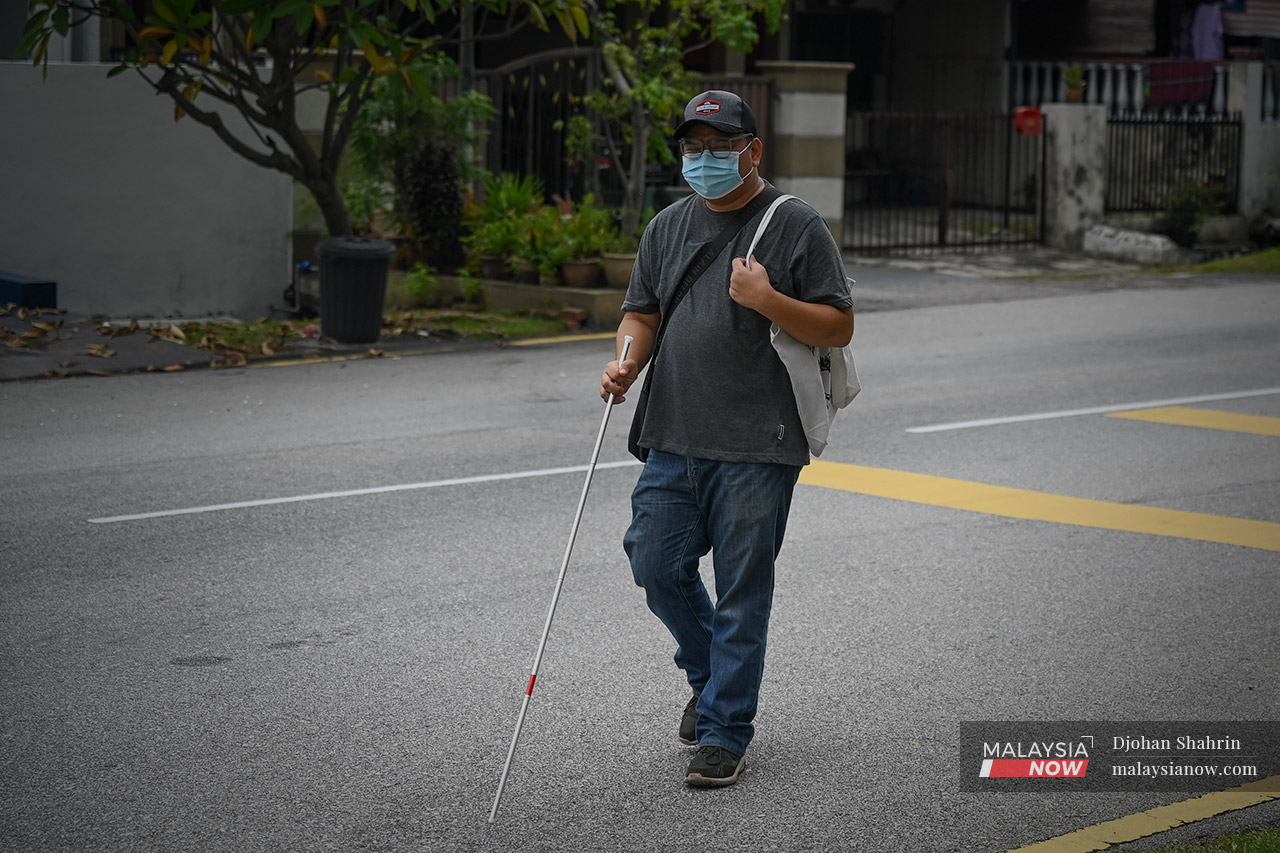


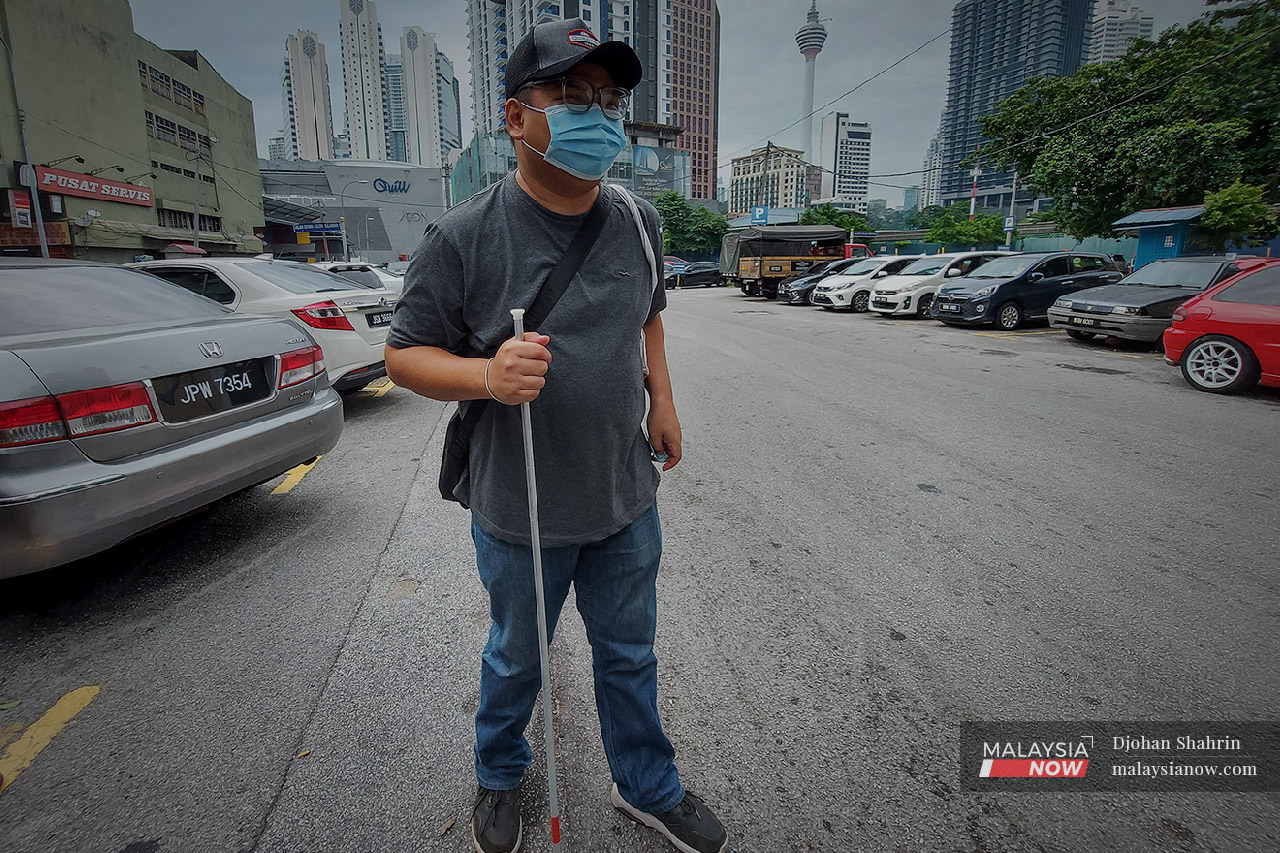
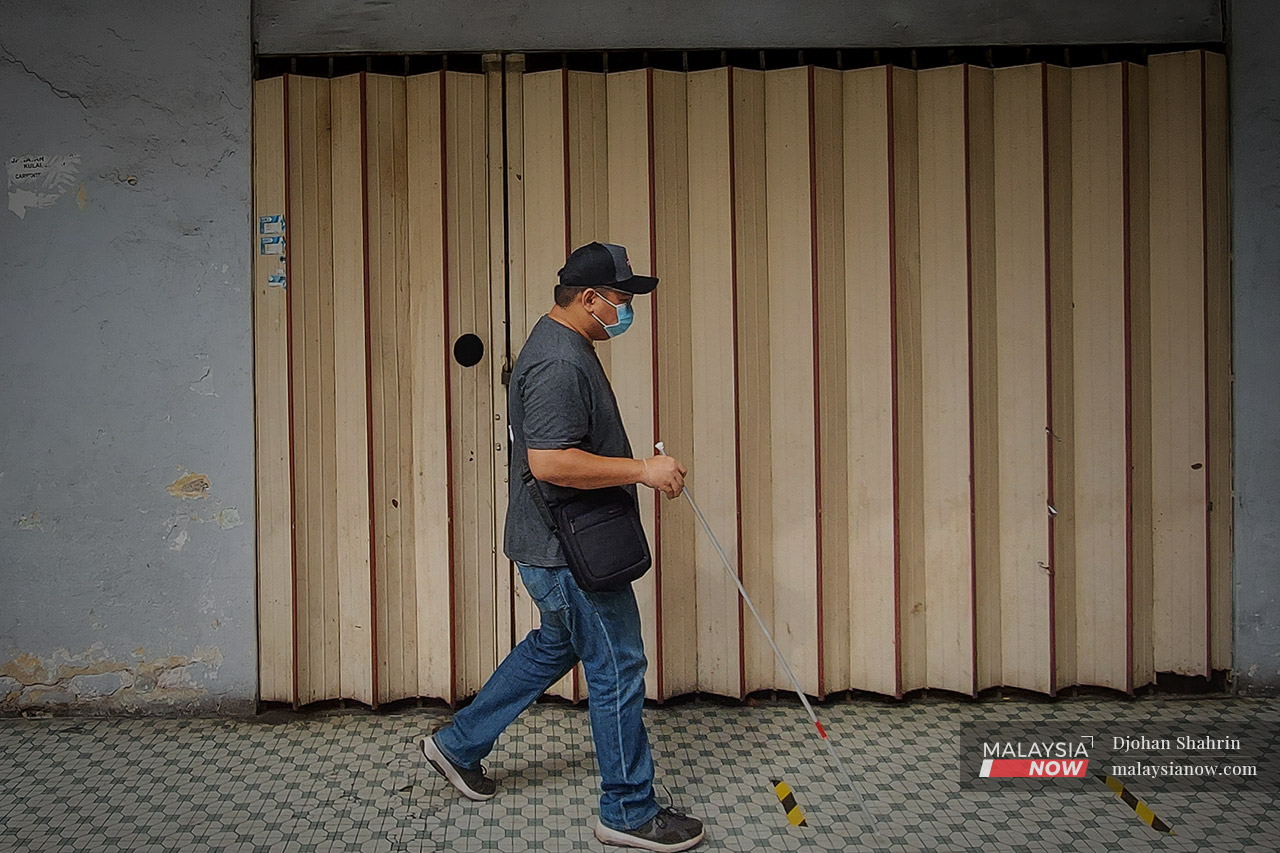

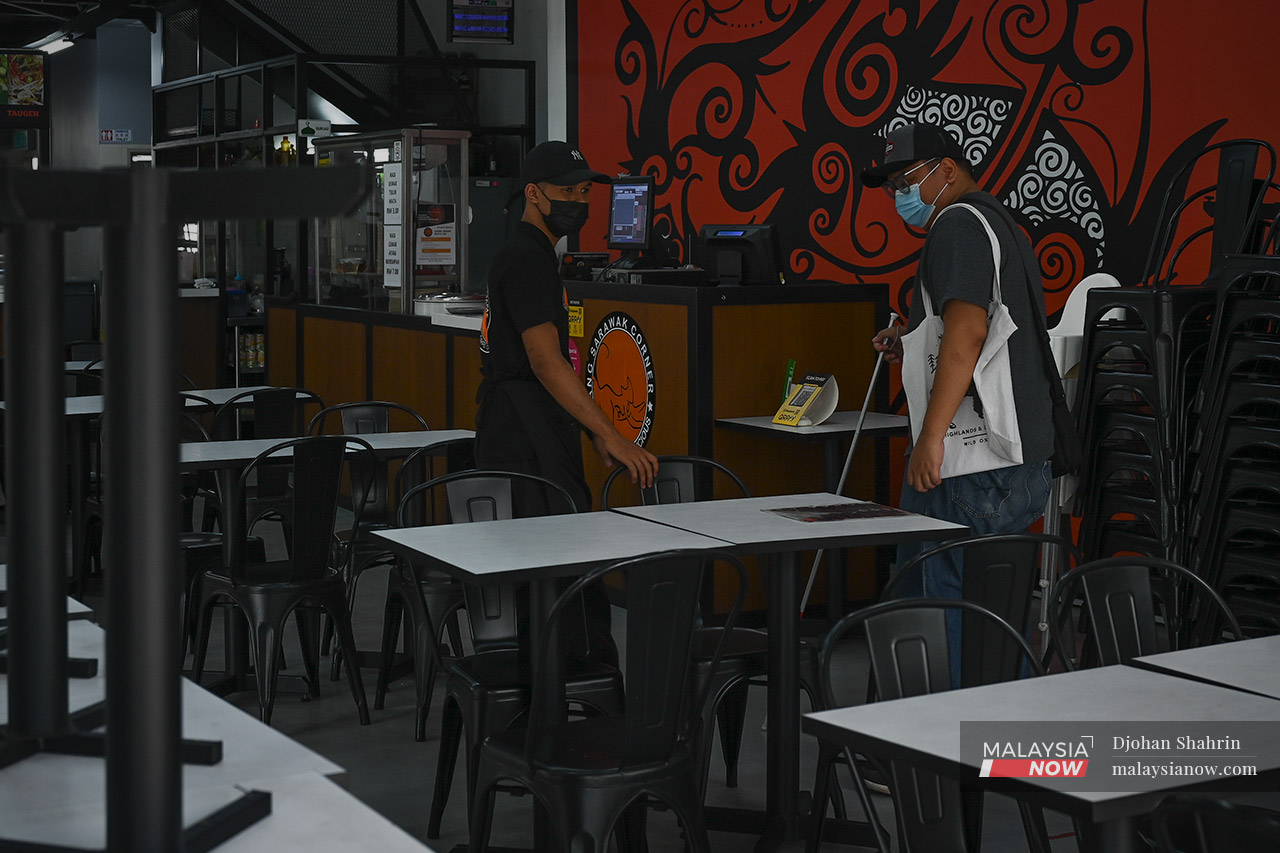

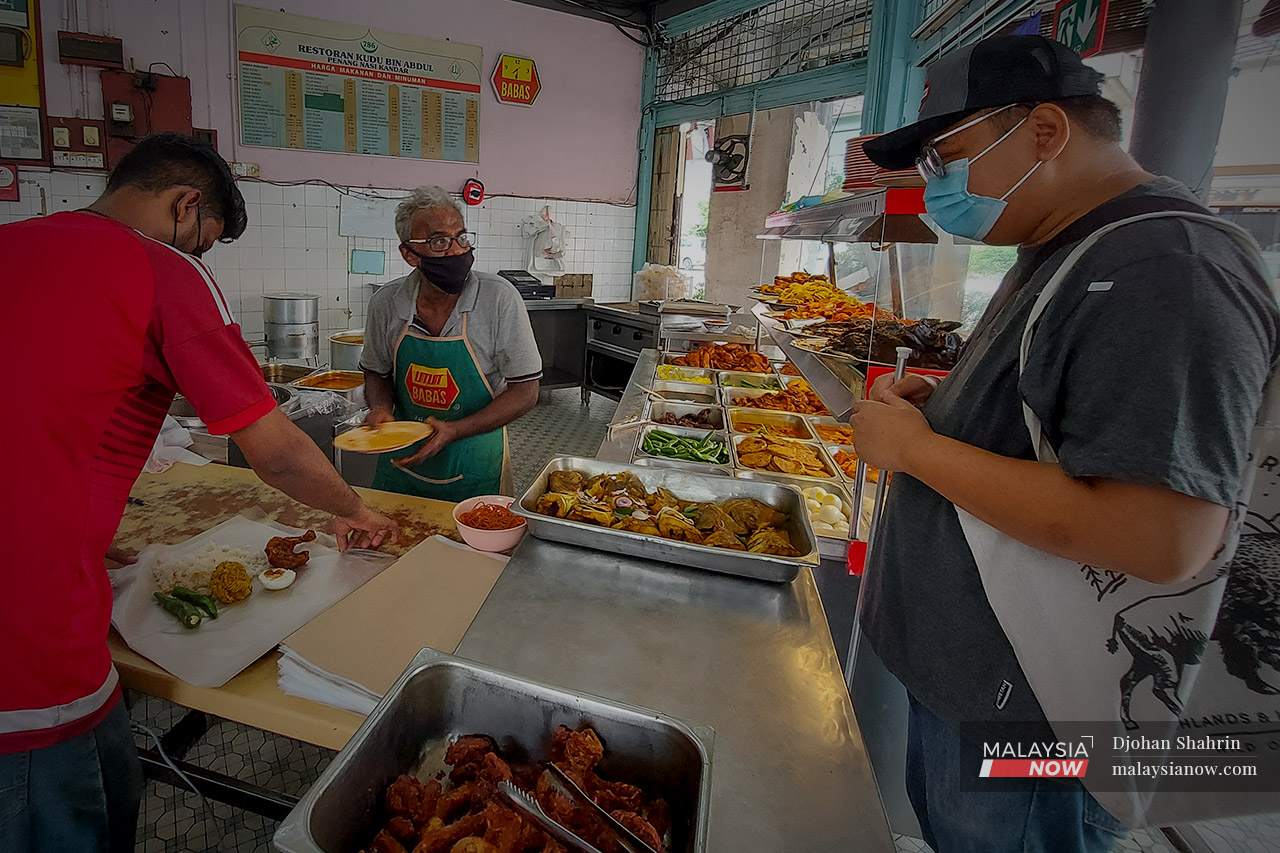


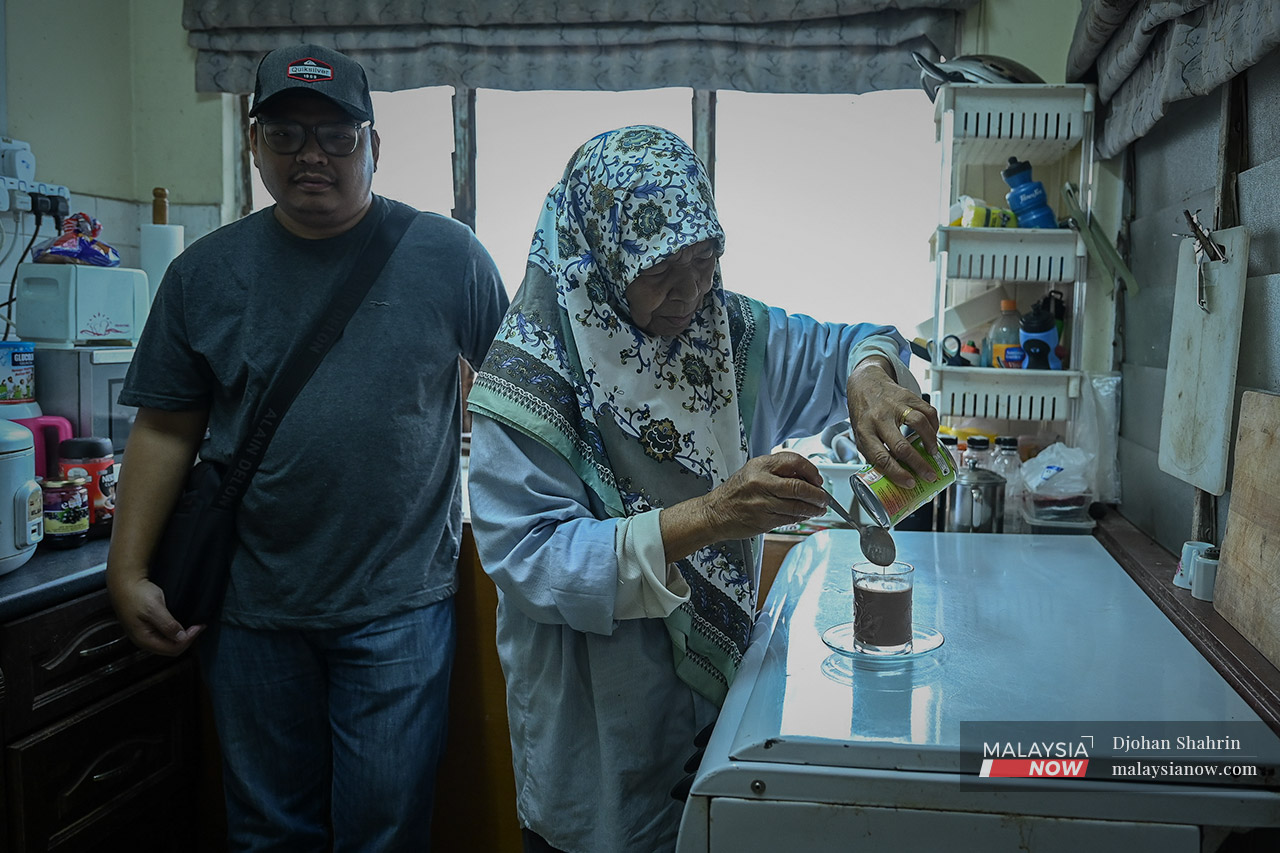
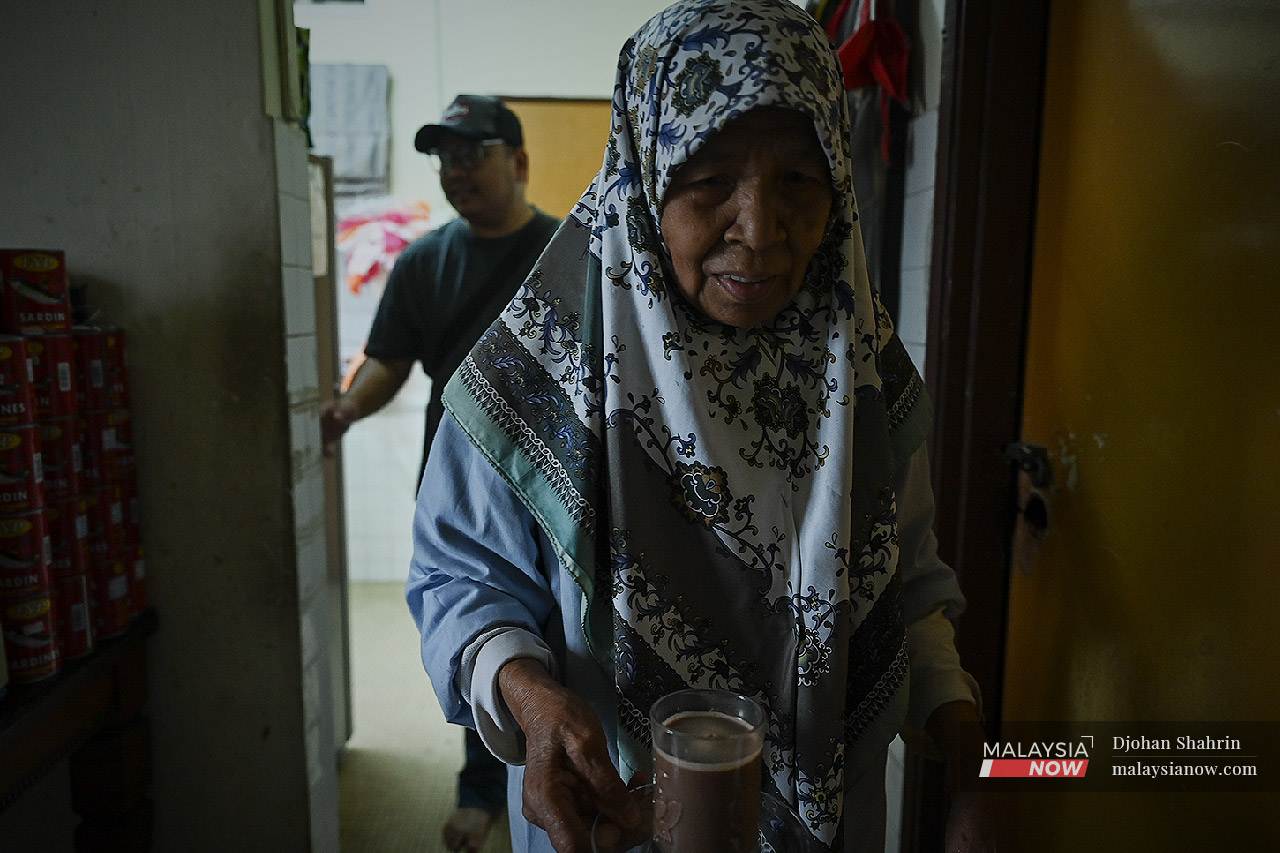

Subscribe to our newsletter
To be updated with all the latest news and analyses daily.
Share
